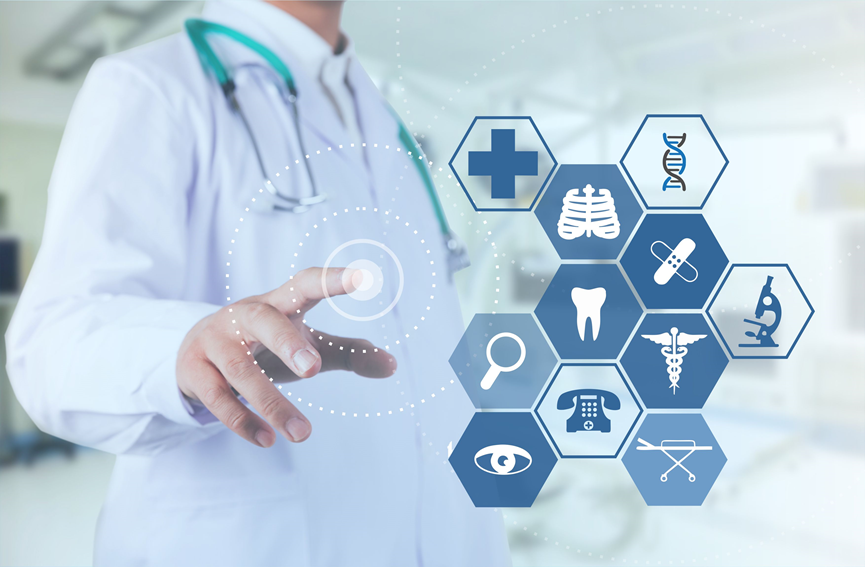AI is being integrated into the medical field at an unprecedented speed, and its combination with medical equipment has spawned a series of innovative changes, bringing unprecedented development opportunities to the medical industry.

Image Source: 699.com
AI empowers medical equipment and greatly improves the accuracy of diagnosis. AI medical equipment, with its powerful data processing and analysis capabilities, can deeply mine massive amounts of medical imaging data. For example, in medical imaging diagnosis, AI-assisted diagnosis systems can perform detailed analysis of X-rays, CT, MRI and other images in a short period of time, accurately identify tiny lesion characteristics, and even early tumor lesions are difficult to hide. By comparing and learning with a large amount of accurately labeled imaging data, AI can continuously optimize the diagnostic model, and its diagnostic accuracy is comparable to that of senior experts, and even has an advantage in the diagnosis of some complex diseases, winning precious early treatment time for patients.
In terms of the operation of medical equipment, AI has brought about innovations in intelligence and automation. Traditional surgery requires extremely high technical and physical strength of doctors, while surgical robots can achieve more sophisticated and stable operations with the help of AI technology. Doctors remotely control the robot's mechanical arm through the console. The mechanical arm can perform various complex surgical actions with extremely high precision, and its flexibility and stability far exceed the natural limits of human hands. In minimally invasive surgery, surgical robots can accurately enter small surgical spaces, reduce damage to surrounding tissues, and reduce surgical risks and the incidence of complications.
AI technology also enables medical equipment to provide personalized services. Everyone's physical condition and disease characteristics are different, and traditional "one-size-fits-all" treatment plans often fail to meet the personalized needs of patients. AI medical equipment can collect multi-dimensional data such as patients' genetic data, medical history information, and living habits, and use deep learning algorithms for analysis to tailor personalized treatment plans for patients.
Not only that, AI also optimizes the telemedicine application of medical equipment. With the help of high-speed communication technologies such as 5G, AI medical equipment can realize functions such as remote diagnosis and remote monitoring. Through the telemedicine platform, grassroots medical institutions can transmit patients' examination data and imaging data to experts in higher-level hospitals, and experts use AI-assisted diagnosis systems to quickly give diagnostic opinions and treatment suggestions. This will break geographical restrictions and allow high-quality medical resources to be more widely covered, especially for patients in remote areas.
The integration of medical care + AI is driving medical equipment to develop in a more precise, intelligent and personalized direction. Although there are still many challenges in this field, such as data security and ethical norms, with the continuous advancement and improvement of technology, we have reason to believe that AI will open up a broader world for the development of medical equipment and bring more hope and possibilities to human health.
- pre:Analysis of the Current Development Status of Robotics and Automation in China: Achievements and Challenges Coexist
- next:Jacquard looms weave a thousand-year-old technological poem
Please click to consult us immediately or call the hotline: 4006-979-616We will solve the problems in your heart in detail。Online consultation



 Online Service
Online Service
